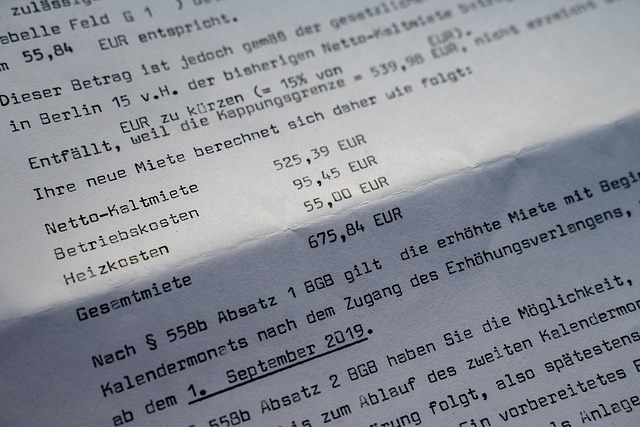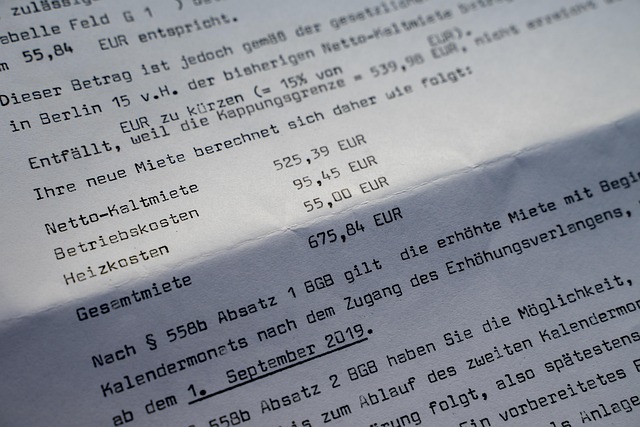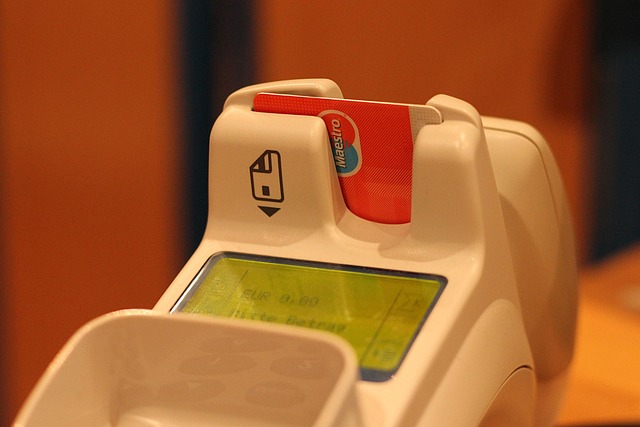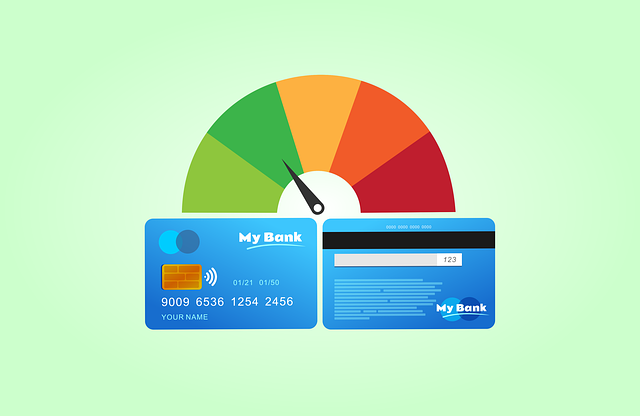Background checks are an indispensable tool for landlords evaluating rental applications, offering a multi-faceted approach to tenant screening. By verifying identity, employment history, and criminal records, these checks provide insights into prospective tenants' reliability and financial stability. They play a crucial role in rental renewal decisions, helping landlords balance risk assessment with other application details. Open communication during the process is vital, ensuring transparency that builds trust between tenants and landlords, while addressing misconceptions about background checks.
“Unraveling the impact of background checks on rental renewals is crucial in today’s tenant screening process. This comprehensive guide explores ‘background checks rental applications’, delving into their role in evaluating potential tenants. From understanding credit scores and criminal records to deciphering how these checks influence renewal decisions, we provide insights beneficial for landlords and tenants alike. We also address common concerns and offer best practices for transparent communication.”
- Understanding Background Checks in Rental Applications
- The Role of Credit Scores and Criminal Records
- How Background Checks Affect Rental Renewal Decisions
- Benefits for Landlords and Tenants Alike
- Common Concerns and Misconceptions Debunked
- Best Practices for Transparent Communication
Understanding Background Checks in Rental Applications

The Role of Credit Scores and Criminal Records

When it comes to rental renewals, background checks play a pivotal role in the decision-making process for landlords and property managers. Among various factors, credit scores and criminal records are two critical elements that can significantly influence a tenant’s ability to retain their lease. Credit scores offer insights into an individual’s financial responsibility and historical repayment patterns, while criminal records provide information about past offenses.
For landlords, a thorough review of these aspects helps ensure the safety and security of their properties. Tenants with good credit scores typically demonstrate a higher likelihood of timely rent payments, making them more desirable candidates. Conversely, criminal records may raise concerns about potential risks, though it’s essential to consider the nature and severity of offenses and their relevance to the rental property. Landlords often balance these factors against the broader context of the application, neighborhood safety, and other relevant criteria.
How Background Checks Affect Rental Renewal Decisions

Background checks play a significant role in shaping rental renewal decisions, providing landlords with valuable insights into potential tenants’ pasts. These thorough assessments go beyond what’s written on paper in rental applications. By verifying employment history, previous addresses, and criminal records (if any), background checks help landlords gauge an applicant’s reliability and responsibility. A clean and accurate background check signals to the landlord that the tenant is trustworthy, likely to pay rent on time, and will maintain the property responsibly. Conversely, significant red flags in a background check may lead to denial of a rental renewal, as landlords prioritize minimizing risks associated with their investments.
The impact of background checks extends beyond individual cases; they contribute to overall property management strategies. Landlords using these checks can establish more consistent tenant retention rates and minimize unexpected vacancies. This, in turn, enhances the stability of their investment portfolios. Moreover, by ensuring responsible tenants, landlords may reduce the need for frequent repairs and maintenance issues, leading to a more peaceful and harmonious living environment for current residents.
Benefits for Landlords and Tenants Alike

Background checks play a pivotal role in streamlining rental renewal processes, offering benefits for both landlords and tenants. For landlords, these checks are a robust tool to assess prospective tenants’ trustworthiness, ensuring they select reliable individuals who can commit to long-term tenancy agreements. By reviewing rental history, employment status, and even criminal records (where permitted), landlords gain valuable insights into potential residents’ past behaviors, enabling informed decisions that protect their investments.
Tenants, on the other hand, benefit from increased security and peace of mind. Background checks help establish a fair and transparent selection process, guaranteeing that landlords consider everyone based on merit rather than biased assumptions. This promotes a sense of equality among applicants, fostering trust between tenants and landlords. Moreover, it encourages responsible renting habits as tenants understand that their actions during the tenancy will be scrutinized, leading to improved living environments for all involved parties.
Common Concerns and Misconceptions Debunked

Many prospective tenants have concerns about how background checks impact their chances of renting a property. It’s common to hear misconceptions like “background checks always deny me” or “they’re too invasive.” However, these fears are often unfounded. Background checks primarily aim to ensure fair housing practices and protect landlords by verifying applicants’ identities and rental histories. They don’t necessarily reject every applicant with a checkmark; instead, they help identify potential issues that might warrant further discussion.
Landlords use background checks as one tool in their assessment process, alongside credit scores and personal references. A clean record often doesn’t guarantee approval, but it does increase chances. Similarly, a few minor mistakes or omissions won’t automatically lead to denial; landlords are usually open to understanding extenuating circumstances. Debunking these fears encourages transparency during the rental application process, fostering trust between tenants and landlords.
Best Practices for Transparent Communication

When conducting background checks on rental applications, maintaining transparent communication is paramount. Landlords should clearly explain to prospective tenants the purpose and scope of these checks, ensuring they understand that it’s a standard procedure designed to protect both parties. This openness can help alleviate any concerns or misconceptions about privacy and fairness.
Best practices include providing detailed information about the types of information being verified, such as employment history, rental references, and criminal records. Landlords should also offer opportunities for tenants to explain any discrepancies or extenuating circumstances. Regular and honest dialogue not only builds trust but also ensures that tenants feel heard and respected throughout the rental renewal process.






